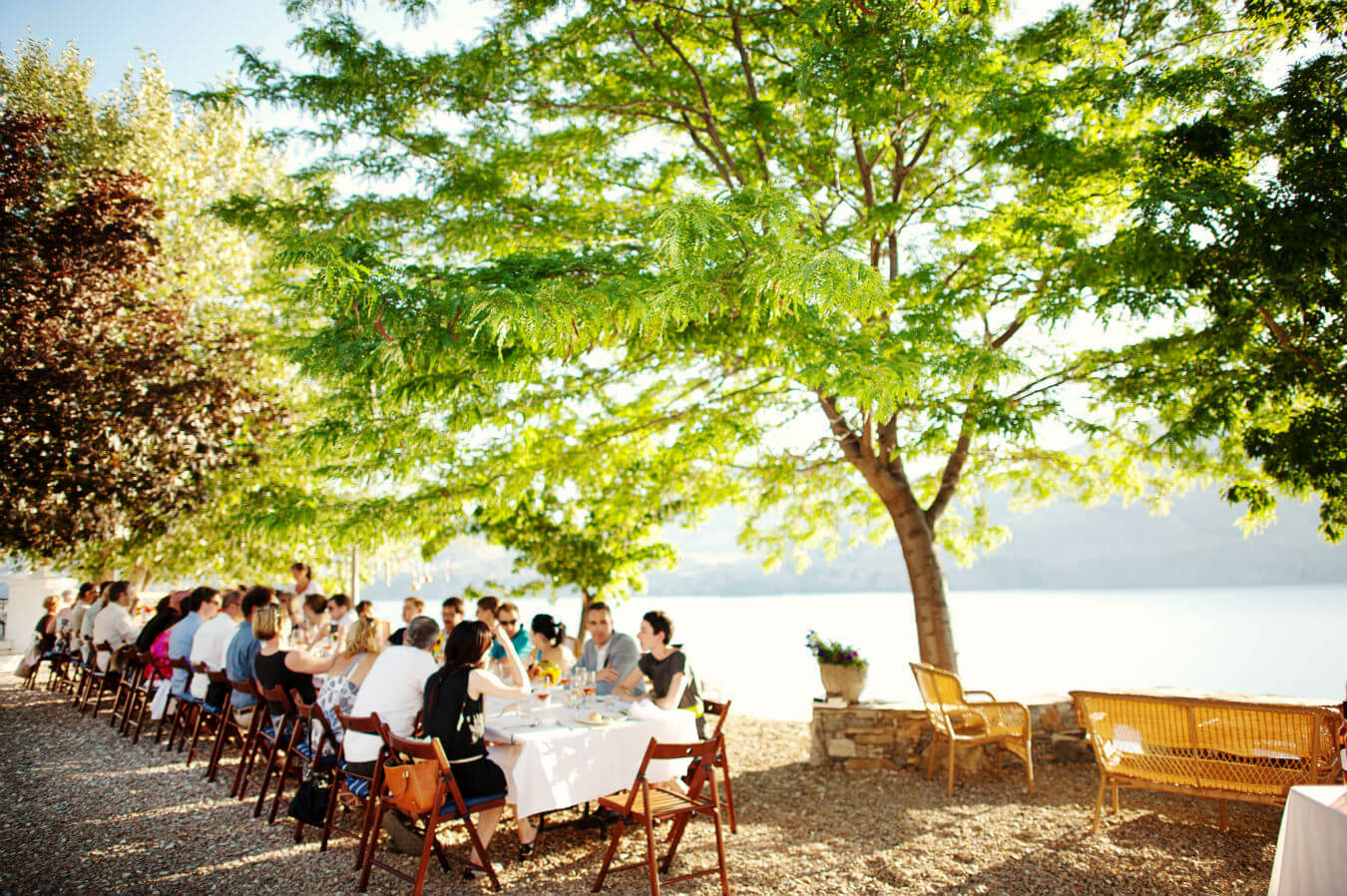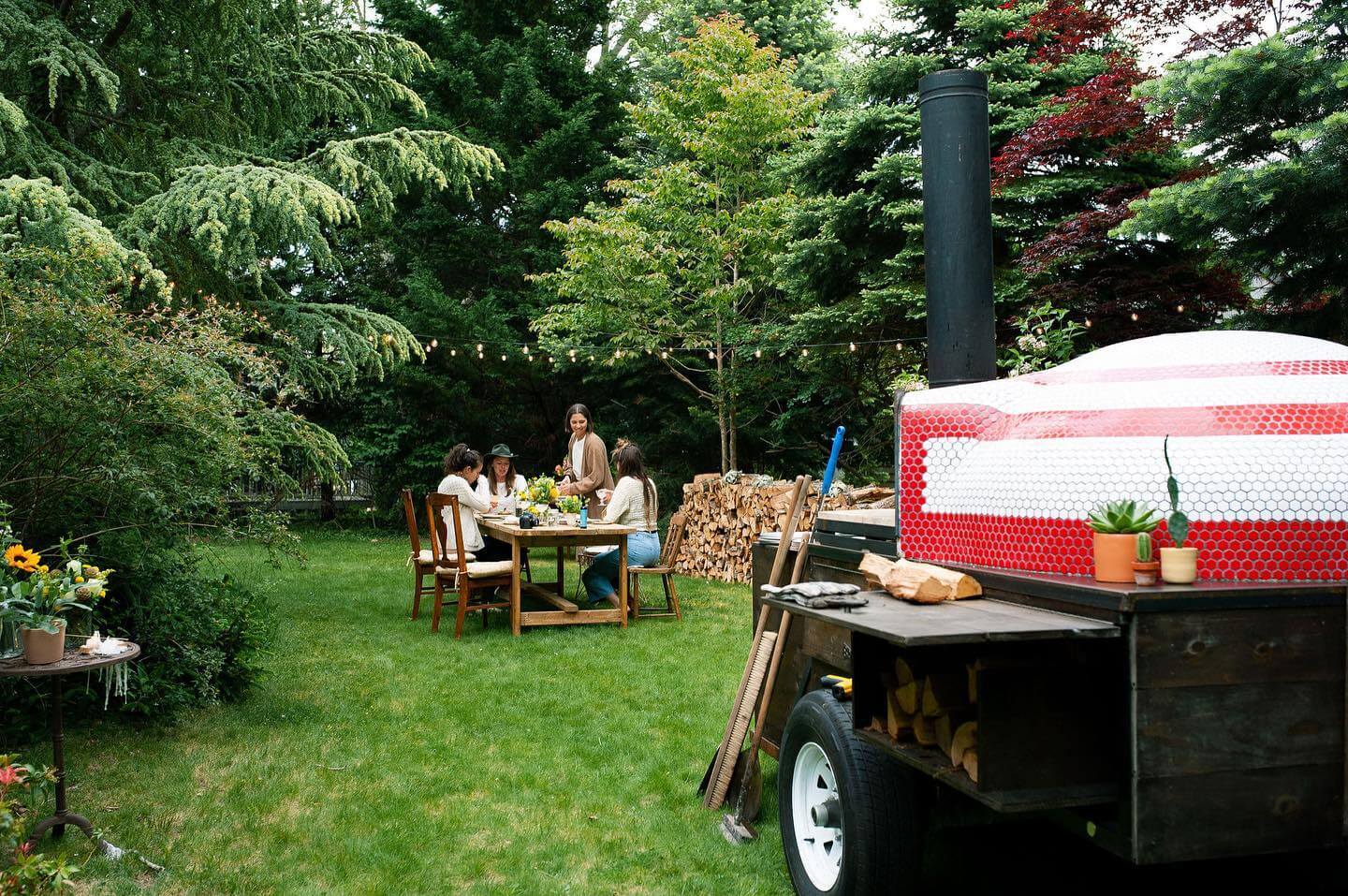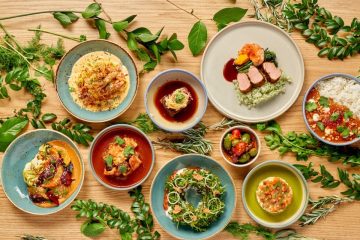Savoring Life: The Joy of Food and Recreation

In our fast-paced world, where screens dominate attention and stress is an all-too-common companion, finding moments of joy has become more essential than ever. Among the simplest yet most fulfilling pleasures in life are food and recreation — two fundamental aspects of human experience that not only nourish our bodies but also rejuvenate our minds. Together, they form a lifestyle that celebrates connection, culture, and well-being.
The Deep Connection Between Food and Recreation
Recreation and food are intrinsically linked. Whether it’s a summer picnic at the park, a weekend barbecue with friends, or exploring a local food festival, many recreational activities center around what we eat. Food often sets the tone for how we experience leisure. Think about the last vacation you took — chances are, you remember not just the sights and sounds but also the flavors.
Food acts as a bridge between cultures and people. Recreational activities involving food — such as cooking classes, tasting tours, or wine and cheese events — are growing in popularity because they combine enjoyment with learning and sensory pleasure. This blend of experience is not just entertaining, but also deeply enriching.
Culinary Tourism: A Growing Trend
One of the biggest global trends in recent years is culinary tourism. Travelers now seek destinations not only for their landscapes or history but also for their local flavors. Cities like New Orleans, Bangkok, or Barcelona are as much about their iconic dishes as they are about their landmarks.
Cooking classes with local chefs, visiting farms, or joining street food tours has become a must-do for modern travelers. These experiences give people a deeper connection to a place — an opportunity to learn, taste, and interact with local traditions in a tangible way.
For example, in Italy, tourists can participate in pasta-making workshops in Tuscany or truffle hunting in Piedmont. In Japan, sushi-making classes provide hands-on experiences that go beyond simply eating. These kinds of recreational food activities are not only fun but create long-lasting memories.

Outdoor Eating: The Joy of Dining Al Fresco
Eating outdoors is one of the simplest forms of food-based recreation. Picnics, barbecues, and camping meals bring together nature, fresh air, and good food. The act of preparing and sharing a meal outdoors creates a different dynamic than dining in a restaurant or at home. It encourages conversation, relaxation, and appreciation of the moment.
Community events like food truck festivals or farmer’s markets take this concept further. They allow people to explore different types of cuisine, support local businesses, and enjoy social interaction in open, inviting spaces. These events aren’t just about the food — they are about shared experience.
Cooking as a Recreational Activity
With the rise of cooking shows, food influencers, and social media platforms like Instagram and TikTok, cooking has become a form of entertainment and self-expression. Many people now see cooking not just as a chore but as a creative, enjoyable outlet.
Recreational cooking includes trying out new recipes, experimenting with ingredients, or participating in themed cooking nights. Meal prep kits and DIY food boxes have made it easier for people to try gourmet dishes at home, adding an element of discovery to the kitchen. Couples host date nights where they cook together; families plan themed dinners where each member contributes; friends compete in friendly cooking challenges. All of these activities create connection and joy through food.
The Mental Health Benefits of Food and Recreation
Participating in recreational food activities has proven benefits for mental health. Cooking and eating mindfully can reduce stress, improve mood, and increase feelings of satisfaction. The sensory engagement involved in food preparation — chopping, stirring, smelling, tasting — can be therapeutic.
Similarly, food-based social gatherings can combat loneliness and foster a sense of belonging. Whether it’s a potluck dinner, a bake-off with coworkers, or a neighborhood chili cook-off, these activities help build community and reinforce positive social bonds.
Recreational eating — when done with balance and mindfulness — can also encourage a healthy relationship with food. Rather than focusing on restrictive diets or guilt-based eating, enjoying food for its taste, artistry, and cultural value promotes a more holistic, enjoyable approach to wellness.
Cultural Exploration Through Food
Every culture has its own unique cuisine, and exploring it can be a deeply recreational and educational experience. Food is history, tradition, and identity served on a plate. Recreational food experiences like international food nights or cooking challenges based on world cuisines allow people to learn about global customs from their own kitchens or local communities.
Food documentaries, cooking competitions, and virtual cooking classes have also expanded access to culinary diversity. Through these channels, we’re able to travel the world with our taste buds — from the spices of India to the cheeses of France to the seafood of Peru.
Festivals and Events: Where Food and Fun Collide
In almost every city and town, food-centered events are a staple of local culture. Think food and wine festivals, chili cook-offs, Oktoberfest, seafood boils, or garlic festivals. These gatherings are recreational powerhouses — they bring people together, entertain families, support small businesses, and showcase culinary talent.
Attending these events encourages exploration, community spirit, and sometimes a bit of healthy competition. For many, these festivals are annual traditions that blend recreation with gastronomy in unforgettable ways.
Sustainable and Mindful Food Recreation
As awareness grows about the environmental and ethical impact of our food choices, recreational food activities are increasingly being infused with sustainability. People are gardening, composting, foraging, and learning about plant-based eating — not just as lifestyle choices but as forms of recreation.

Community gardens, urban farms, and co-op cooking groups promote food literacy and give people a chance to reconnect with where their food comes from. This shift toward sustainability adds depth and purpose to recreational eating and cooking.
Conclusion: Make Time for Taste and Play
In the end, food and recreation are about joy, connection, and living life to its fullest. Whether you’re grilling on your balcony, exploring a local food truck festival, trying a new recipe, or tasting your way through a new city, these experiences enrich life.
They nourish more than just the body — they feed the soul, foster relationships, and make everyday moments more memorable. So make time for that Sunday picnic, try that new fusion dish, or invite friends over for a taco night. Life is too short not to savor it.











